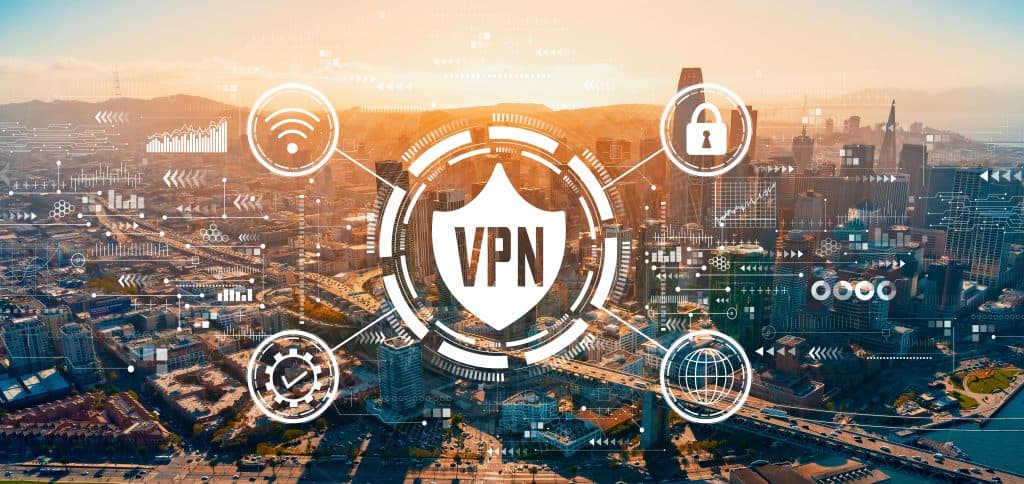Gaming and privacy protection do not always go hand in hand, so many ask if VPNs are really needed. People who play games often skip VPNs because they believe it could result in laggy and slower gaming. But, under the right circumstances, a gaming VPN can offer more safety, steady connections and access to blocked content while keeping performance at a high level. Appropriate setup and learning what elements are important for marketing are key to its success.
A VPN can improve online gaming security by shielding your privacy, hiding your real IP and making it harder for anyone to try a DDoS attack against you. Gamers who are competitive or stream online tend to spend long periods on the internet which exposes them to possible network-based threats. Having a well-optimized VPN setup lets you play games with the benefits, even at low latency.
Choosing The Right VPN Service
Selecting a good VPN provider is very important when setting up a VPN for gaming. All VPN services are not designed to focus on speed. Some people choose strong security and encryption over good performance and this choice can lower the quality of gaming online. Check for organizations that advertise to players or boast about quick, low-latency servers included in their plans.
Look for a VPN that includes multiple servers close to your home or to the games servers you wish to use. A closer server typically means lower latency. Many people playing games are attracted to VPNs that can use split tunneling, tunneling just the gaming traffic through the VPN. It cuts down on bandwidth which in turn prevents the VPN from slowing down.
Optimizing Your Home Internet Setup
A bad or unstable home internet will still cause problems even for the best VPN. If your home network is fast and remains stable, it will help to enhance your VPN use. First, see what internet speeds you have and check for any slowdowns. Wired Ethernet networks are more reliable than Wi-Fi which may be disturbed by interference and distance.
Conversation with your internet providers may help find ways to improve your gaming experience if your speeds are not fast enough. Having a router that gives you control over Quality of Service (QoS) helps a lot. By using this option, you can ensure your gaming traffic is given priority which lowers the effects of other activities that might occur simultaneously.
Configuring The VPN Properly
After picking a VPN and verifying that home internet is up and running, make sure the VPN is configured correctly. Most VPN services provide special apps for many platforms, though you may need to configure a console or router manually. Setting up the VPN exclusively on your router allows all your network gadgets to use it, without having to install software on each piece of equipment individually.
If you have a PC, check that the VPN is configured to work with the fastest server available. A few VPNs give users access to speed tests or point them in the right direction for ideal server locations. Changing to WireGuard or OpenVPN UDP from the normal OpenVPN can boost both your speed and the latency of your connection. If you are not relying on extra security, be watchful not to choose settings that place extra encryption on your device, as this can reduce performance.
Monitoring Performance And Making Adjustments
With your VPN set up, make a habit to keep an eye on how your game plays. If you find that ping, lag or connection is dropping frequently, switch servers on your VPN or check for new software updates. Check if certain games are affected by using a VPN because some may not work as well.
It’s important to see how much the VPN slows down your internet by testing it with and without it. Many times, a premium VPN service will only slow down your connection slightly which does not affect most gamers. Should you observe major dips, talk to the provider’s support about the issue or switch to a service that offers better support for gaming.
Ensuring Compatibility With Gaming Platforms
Different gaming platforms require different VPN setup approaches. Installing a VPN is simpler on computers, but on PlayStation or Xbox, the VPN has to be setup by sharing the connection through a router. Since VPNs don’t all support every device, make sure the one you choose is compatible with yours before buying.
For playing games remotely on the internet or in online multiplayer environments, it could help to use a VPN that keeps speed steady and allows you to use a fixed IP address. Some VPN services are able to counter internet providers that throttle applications and this means you might get full access to your bandwidth again. This benefits users who play games and also those who tend to stream or have video conferences often.
Conclusion
A VPN can be used for gaming without having to accept slow internet speeds. When VPN, home internet and configuration are chosen carefully, gamers can get the best privacy and access experience without disrupting their game. Once you know how VPNs impact latency, you can fix it and play online games with improved safety. A good VPN will help, regardless of how you play, as long as your home internet is fast and your provider is responsive.
Caroline is doing her graduation in IT from the University of South California but keens to work as a freelance blogger. She loves to write on the latest information about IoT, technology, and business. She has innovative ideas and shares her experience with her readers.






